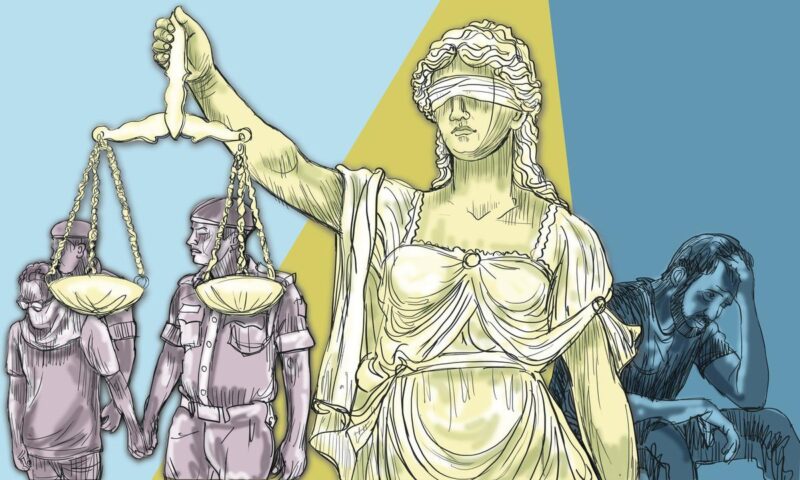
Law 5090/2024: Extensive Amendments to the Penal Code and the Code of Criminal Procedure Sparks Criticism



A. From Public Consultation to Enactment: The Path of Law 5090/2024
In November 2023, the Ministry of Justice submitted for public consultation a draft bill titled “Interventions in the Penal Code and the Code of Criminal Procedure for the Acceleration and Quality Enhancement of Criminal Trials – Modernisation of the Legislative Framework for the Prevention and Combating of Domestic Violence.” The draft bill comprised 103 articles, amending provisions of the Penal Code (Articles 3–48), the Code of Criminal Procedure (Articles 49–84), and Law 3500/2006 on domestic violence (Articles 85–99). Nearly two thousand comments were submitted during the consultation process.
By February 2024, the draft—now expanded to 137 articles—was tabled in Parliament and passed into law as Law 5090/2024,, consisting of 138 articles in total.
This law introduces—yet again—amendments to provisions of Greece’s two principal criminal law instruments: the Penal Code (P.C.) and the Code of Criminal Procedure (C.C.P.). It is worth recalling that the new Penal Code and Code of Criminal Procedure entered into force on 1 July 2019, through Laws 4619/2019 and 4620/2019, respectively. Since then, numerous provisions have been amended—often in a piecemeal and non-cohesive manner—through a series of laws, including, notably, Laws 4637/2019 and 4855/2021
Key Provisions Raising Constitutional and Human Rights Concerns
Indicatively, major concerns were raised regarding:
a) The provision allowing for the imposition of the ancillary penalty of asset confiscation in cases of arson (Article 43 of Law 5090/2024), and its compatibility with Article 17 of the Constitution, the Charter of Fundamental Rights of the EU, and the European Convention on Human Rights (ECHR)
b) The expansion of the scope for the detention of minors (Article 29), and its alignment with the principles of juvenile criminal law and the UN Convention on the Rights of the Child
c) The provision allowing both first- and second-instance trials to be conducted by courts of the same rank (Three-Member Court of Appeals for Felonies), and its compatibility with supranational standards such as Article 2 of Protocol No. 7 to the ECHR
d) Amendments affecting the jurisdiction of Mixed Jury Courts, and their compatibility with Article 97 of the Constitution
e) Provisions allowing for the non-summoning or optional appearance of witnesses at trial (Articles 78 and 112), and their compatibility with the defendant’s fundamental right to examine prosecution witnesses
f) The overall punitive orientation of the law, including increased penalties and a stricter sentencing framework, which many fear will lead to a rise in the prison population—despite existing issues of overcrowding and deteriorating detention conditions
C. Legislative Volatility and the Erosion of Legal Certainty
The repeated—and often rapid—piecemeal amendments to provisions of the criminal codes may be interpreted as signs of “penal populism” and raise serious concerns about legal certainty. The incompatibility of certain criminal provisions with constitutional or supranational norms, as well as their potential conflict with the rights of citizens and defendants or with established legal theory and jurisprudential practice, are phenomena that have no place in a state governed by the rule of law. Unfortunately, such developments do not appear to be isolated incidents in the Greek legal landscape.
Bank Account number: 1100 0232 0016 560
IBAN: GR56 0140 1100 1100 0232 0016 560
BIC: CRBAGRAA
![]()
In a time where the very foundations of democracy are gradually being eroded by the rise of extreme nationalism, alt-right movements, the spread of disinformation and corporate capture, the efforts of organisations such as Vouliwatch are more relevant than ever.
We rely on the generosity of each and every one of you to continue with our efforts for more transparency and accounta
By financially supporting Vouliwatch you support our litigation strategy, our campaigns for transparency and accountability in the political system, the development of new civic tech tools, our research projects and last but not least our impartial and accurate